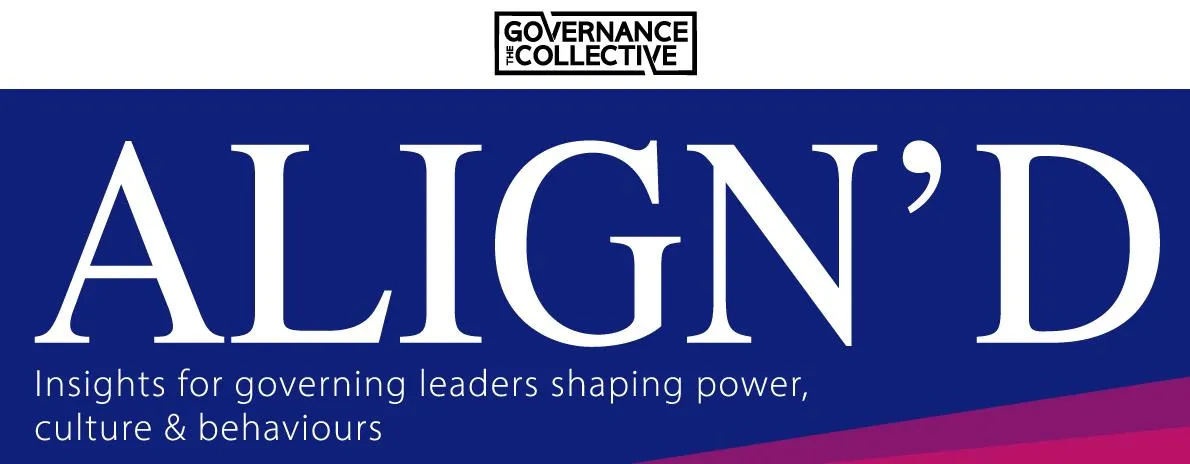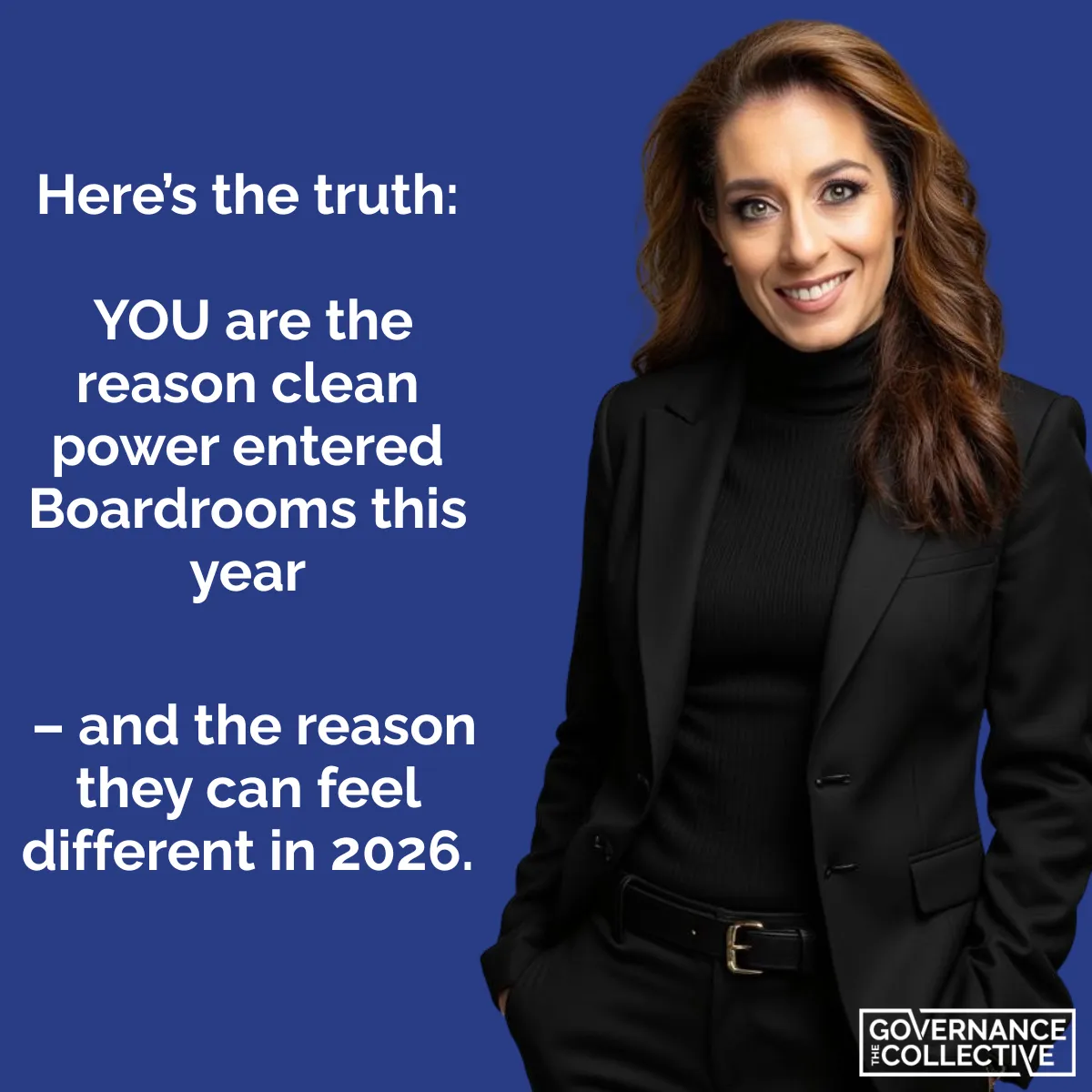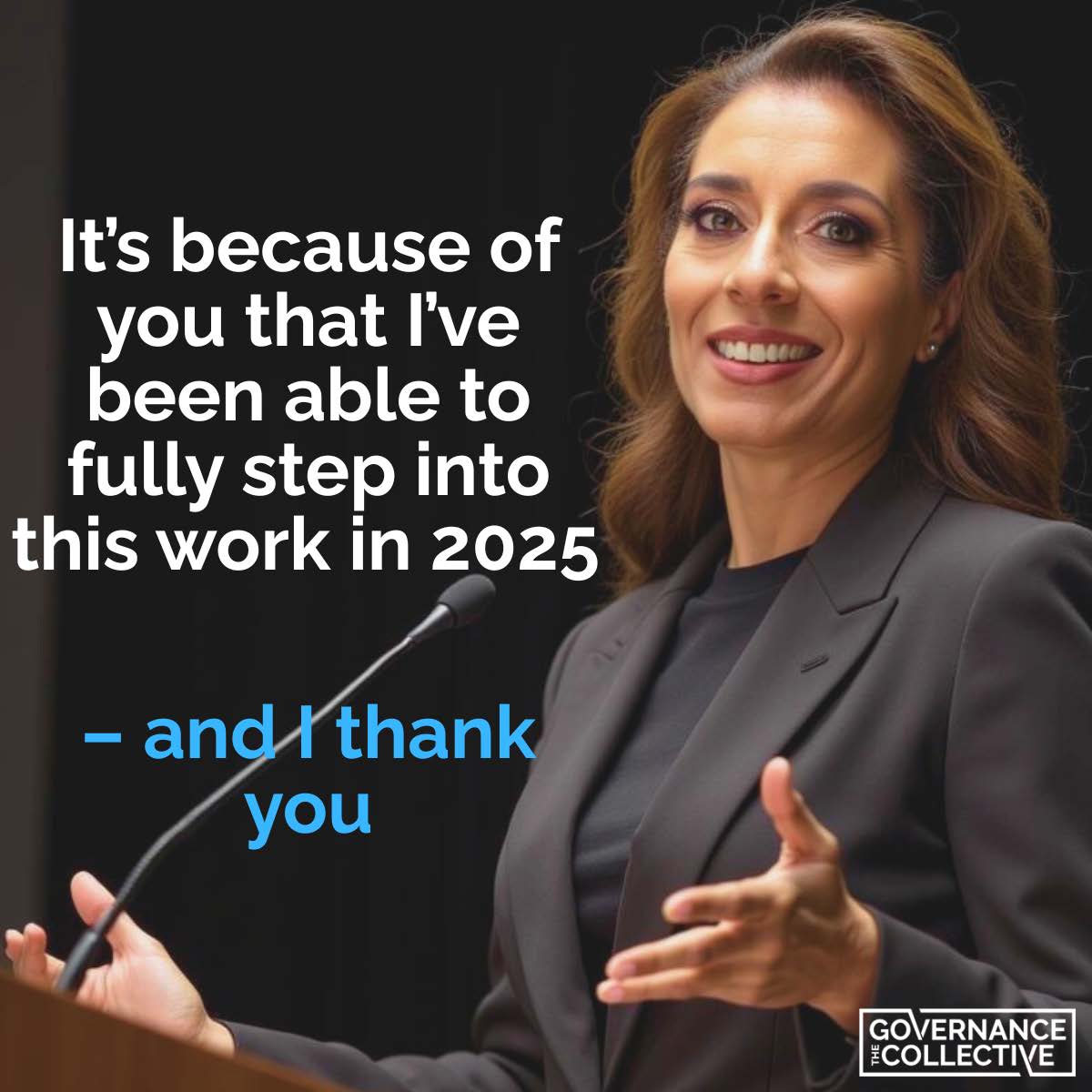
Here is the Truth: YOU are the Reason
Here’s the truth: YOU are the reason clean power entered Boardrooms this year – and the reason they can feel different in 2026. As the year draws to a quiet close and the world starts to exhale, I’ve found myself reflecting not on the big moments — but on the small, behavioural ones.
It is Because of You
It’s because of you that I’ve been able to fully step into this work in 2025 – and I thank you. As we approach the end of the year, I’ve been reflecting on what 2025 has meant — not just professionally, but personally, energetically, and in the very real lived experiences I’ve been invited into.
The Risk That Changes Everything
Have you noticed that as you move closer and closer toward your most self-actualised, soul-aligned self, you start to see that every personal risk you’ve taken and every Boardroom environment you’ve chosen to be part of has shaped you? Not just through what was said, but through what was tolerated, suppressed, avoided, danced around, and the quiet truth of whether you were authentically aligned or painfully misaligned. I have.
When Misalignment Arrives Quietly
You might have noticed I’ve gone a little quiet with my thought leadership over the past few weeks. Nothing dramatic happened — but something quieter, and much more important, did. A couple of weeks ago, I realised something significant:




